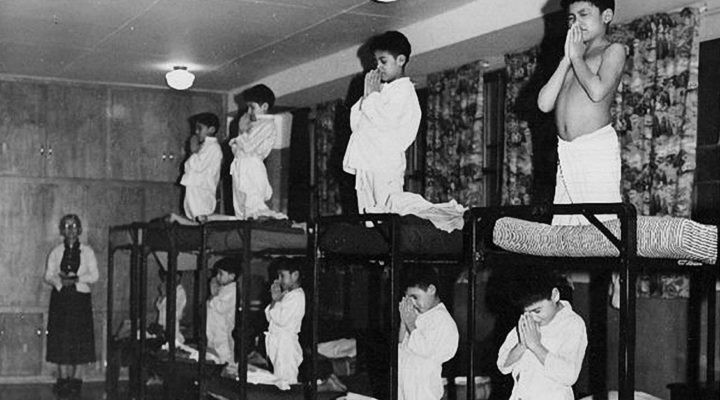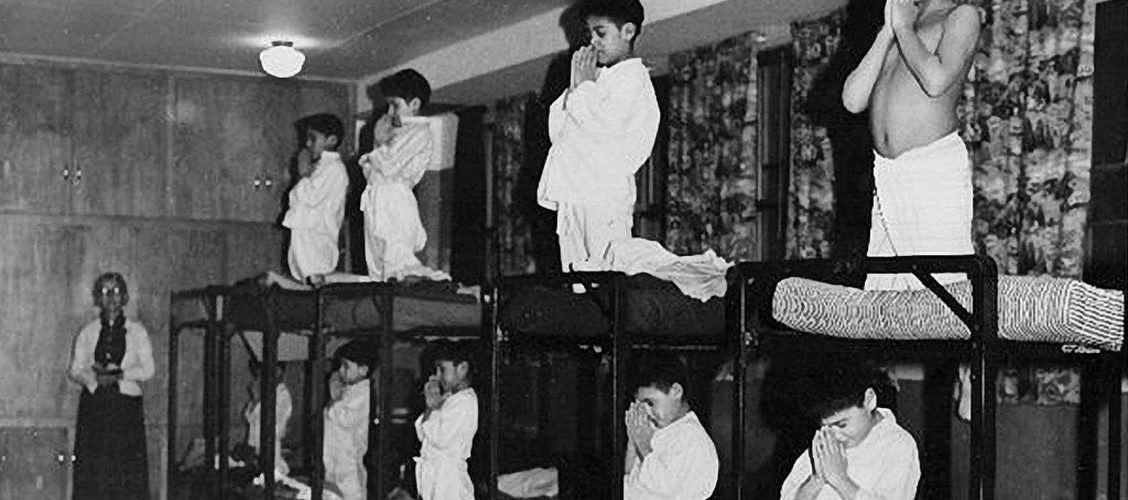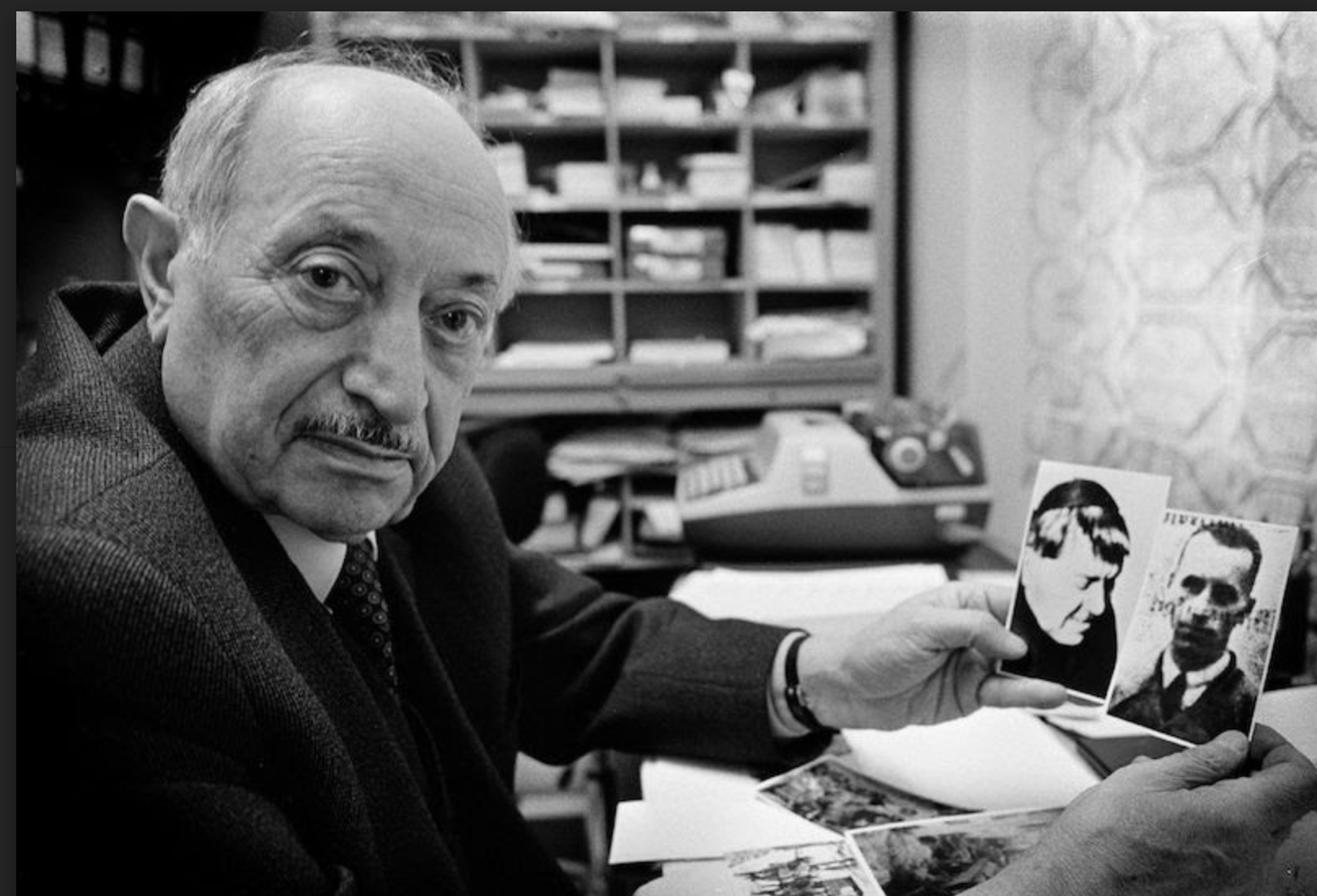The sins of the white American church began early on and have continued unabated ever since.
For example, large numbers of American Christians enthusiastically supported the genocide of Native Americans, fiercely defended slavery, actively participated in Jim Crow segregation, and stubbornly resisted the Civil Rights Movement.
In recent decades, the sins of white Christian America have been fully ecumenical.
For example, the evangelical church gave us poisonous partisanship, subservience of women, demonization of the LBGTQ community, and the scourge of white Christian nationalism. The Roman Catholic Church gave us a depraved pedophile priest scandal, with almost no accountability for abusive priests or the bishops who covered it up. And the Mainline church gave us endless and ruthless battles over human sexuality, including my own United Methodist Church, which recently engaged in the largest denominational schism since the Civil War.
Of course, these sins (and many others) in the American church didn’t form in a vacuum. From the earliest centuries of Christianity, the church has engaged in horrific behaviors including the Inquisition, the Crusades, witch burnings, bloody religious wars, child abuse at indigenous boarding schools, indifference during the Holocaust, and a steady stream of intolerance, racism and sexism, just to name a few.
Tragically, Christian history, including American Christian history, is punctuated by one massive failure after another.
A long history of forgiving the church
Like many other Christians (including a lot of fellow ministers), I’ve chosen to forgive the church for its long list of infractions, including the ones it inflicted on me personally. Even when it failed to confess its sins or ask for forgiveness, I’ve freely given the institutional church one absolution after another, ever since I first landed in a Baptist church more than 50 years ago. I’ve offered my forgiveness for many reasons:
- Even with all its dysfunction, I genuinely love the church, in spite of my huge disappointment in it.
- As a follower of Jesus, I attempt to follow his teachings about forgiveness, however imperfectly.
- I’ve discovered forgiveness is a liberating, life-giving practice, well worth the effort.
- The church has given me many exceptional gifts, for which I am deeply grateful.
- In spite of its many sins, the church has done — and still does — a lot of good in the world.
- I decided early on in ministry I would rather forgive the flawed institution that employed me than work for it with a spirit of bitterness and cynicism.
For these reasons and more, I’ve always managed to find ways to forgive the church for its seemingly endless sins.

Pastor Jackson Lahmeyer presents a painting of Donald Trump surviving an assassination attempt while Rudy Giuliani looks on at Sheridan Church in Tulsa, Okla. (Via Facebook)
The challenge of Nov. 5, 2024
However, on Nov. 5, 2024, when a majority of white Christian Americans elected the most morally bankrupt, anti-Jesus president in U.S. history, my lifelong practice of forgiving the church was severely tested.
And this time around, I’m not sure I’m going to be able to offer absolution. It’s not that this particular ecclesiastical sin is worse than the others. It’s not. For example, it doesn’t rate up there with the American church’s centuries-long complicity in systemic racism or the appalling toxicity of the Religious Right over the past few decades. But the church’s failure on Nov. 5 feels like it might be the final straw for me.
“I believe white Christian support for Donald Trump will go down as one of the worst failures in American Christian history.”
Whatever you think about the (second) election of Donald Trump, it’s clear white American Christians determined the outcome.
And I’m not just talking about white evangelicals, the vast majority of whom support Trump. The fact is, a significant majority (two-thirds) of all white Christians (evangelical, Catholic and Mainline) voted for Trump. And, according to Pew Research, for those who attend church services regularly (at least once per month), that number increases to more than 70%.
These churchgoing Americans knew exactly who Trump was. And they decided that’s what they wanted.
I believe white Christian support for Donald Trump will go down as one of the worst failures in American Christian history. And this conviction has nothing to do with sour grapes political partisanship. It goes far deeper than that.
A violation of values
In short, Donald Trump violates every value I hold as a Christian, an American and a human being.
For example, Trump is a self-described (“grab them by the pussy”) sexual predator who was found liable for sexual abuse by a jury of his peers and has been accused of sexual misconduct by dozens of women.
He is a serial adulterer. A pathological liar. A racist. A narcissist. A corrupt businessman. A cruel man who happily separated thousands of children from their parents — many permanently. A man who mocks disabled people, autistic teenagers, unattractive women, and veterans who get captured or killed. A man who politicized the COVID pandemic, resulting in huge numbers of unnecessary deaths. A man who admires murderous dictators like Vladamir Putin. A man who uses the perverse language of Adolf Hitler to describe immigrants. A man who is literally a convicted criminal. And a man who, more than anyone else in history, has debased the presidency of the United States of America.
Trump thrives on hate, fear, rage, vengeance, division, misinformation and conflict. He brings out the worst in Americans. He assaults every “family value” you can name. He even attempted to overthrow the legitimate results of a democratic election, putting American democracy at risk.
And his frightening plans for a second term include unchecked authoritarian power, massive chaos, additional tax cuts for his billionaire friends, even more ravaging of God’s creation, severe retribution for his perceived political enemies, and overwhelming cruelty to marginalized people, especially immigrants and transgender people.
“The biggest problem, at least for me, is that he violates virtually everything Jesus stood for.”
A recounting of Trump’s horrific behavior could go on almost indefinitely. But the biggest problem, at least for me, is that he violates virtually everything Jesus stood for, including love, mercy, truth telling, compassion, character, decency, justice, humility, care for the sick, welcome of the stranger, and the list goes on and on. He is, without exaggeration, the complete antithesis of Jesus of Nazareth. Which makes him an anti-Christ. Not a character in the book of Revelation. But a person who totally opposes the example, spirit and teachings of Jesus Christ.
I’ve heard Christians tie themselves in knots trying to justify their support for Donald Trump. But there is no viable justification for a serious follower of Jesus to support this dangerous and depraved man. A person cannot, with any integrity, be a disciple of Jesus Christ and a supporter of Donald Trump at the same time.
And yet, white churchgoing American Christians do support him, by an overwhelming majority. And huge numbers of them don’t just vote for Trump; they love, adore and almost worship him. This colossal failure, combined with all the other sins of the church, past and present, feels unforgivable to me, at least in the current moment.
A bridge too far
I’m no stranger to forgiveness. For example, I forgave my father for being a horrific parent. I forgave a man who went to prison for committing a felony against me. And I have forgiven numerous abusive church members over the years for their cruelty toward me. But I’m having a hard time forgiving the white American church for jettisoning Jesus for the likes of Donald Trump.
Maybe I’ll get over it. Perhaps I’ll come to a point where I can, once again, forgive the church for yet another horrible sin among countless others. But I’m not sure this time. The cumulative effect feels like it may (finally) be a bridge too far. And that not only saddens me; it makes me feel guilty, like I’m disappointing Jesus.
Lately, I’ve been asking myself, Would Jesus forgive the church for this latest sin? Probably so. But I’m having a difficult time getting there. And I’m not sure I ever will. Or even if I should. I find myself wondering: After two thousand years of endless failures, is it finally time to stop forgiving the church? Especially a church that seldom confesses its unfaithfulness and rarely shows fruits of repentance. It’s a painful and confusing dilemma.
Ever since the devastating election in November, I’ve been thinking about a haunting story from the Holocaust. It’s not necessarily my final conclusion on this subject of forgiving the church, which still feels ambiguous and unresolved to me. But, at least for the moment, I resonate with the story.
A soldier’s confession
Perhaps you have heard of Simon Wiesenthal. He was a Jewish Holocaust survivor who tracked down Nazi war criminals for decades after the war, many of whom were old men when he finally caught up with them. People often asked him, “Is there no forgiveness for these people?”
Wiesenthal attempted to answer that important question by writing a book called The Sunflower. In the introduction of his book, he shared a haunting experience from his imprisonment at a Nazi concentration camp.
By chance, Wiesenthal was yanked out of a work detail and taken up a back stairway to a darkened hospital room. A nurse led him into the room, then left him with a figure wrapped in white, lying in a bed. The figure turned out to be a mortally wounded German soldier, his face covered by gauze.
“In a weakened, trembling voice, the German soldier made a kind of sacramental confession to Wiesenthal.”
In a weakened, trembling voice, the German soldier made a kind of sacramental confession to Wiesenthal. He recounted his boyhood and his early days in the Hitler Youth Movement. He told of his military actions along the Russian front, including increasingly harsh measures his SS unit inflicted upon the Jewish population.
He then told Wiesenthal about a particularly heinous atrocity. His unit rounded up all the Jews in one town and herded them into a wooden frame building. Then they set the building on fire. When burning bodies fell from the second floor, the SS soldiers, including him, shot them as they fell. He tried to tell Wiesenthal about one child in particular, a boy with black hair and dark eyes, but his voice gave way.
Several times during the confession, Wiesenthal tried to leave the room, but each time the ghostlike figure reached out and begged him to stay. Finally, after nearly two hours, the soldier explained why Wiesenthal had been summoned. He asked a nurse if any Jews still existed. If so, he wanted one brought to his room, for a last rite before his death.
“I know what I am asking is almost too much for you,” the soldier said. “But without your answer I cannot die in peace.” He then asked Wiesenthal for forgiveness for all the crimes he committed against the Jews.
Wiesenthal stood in silence for a long time, staring at the dying man’s bandaged face, thinking about his request. He finally made up his mind and walked out of the room without saying a word. He left the soldier in his torment, unforgiven.
Martin Thielen, a retired minister (SBC and UMC), ex-megachurch pastor, and best-selling author, is the creator and author of www.DoubtersParish.com.
Related articles:
Harsh times offer progressives an opportunity to restore Christianity’s good name | Opinion by Marv Knox
Save this column and don’t say we didn’t warn you | Opinion by Mark Wingfield
Trump supporters’ silence about his threat for vengeance | Opinion by Brad Bull
Andy Stanley warns of religious leaders who prioritize politics over mission




